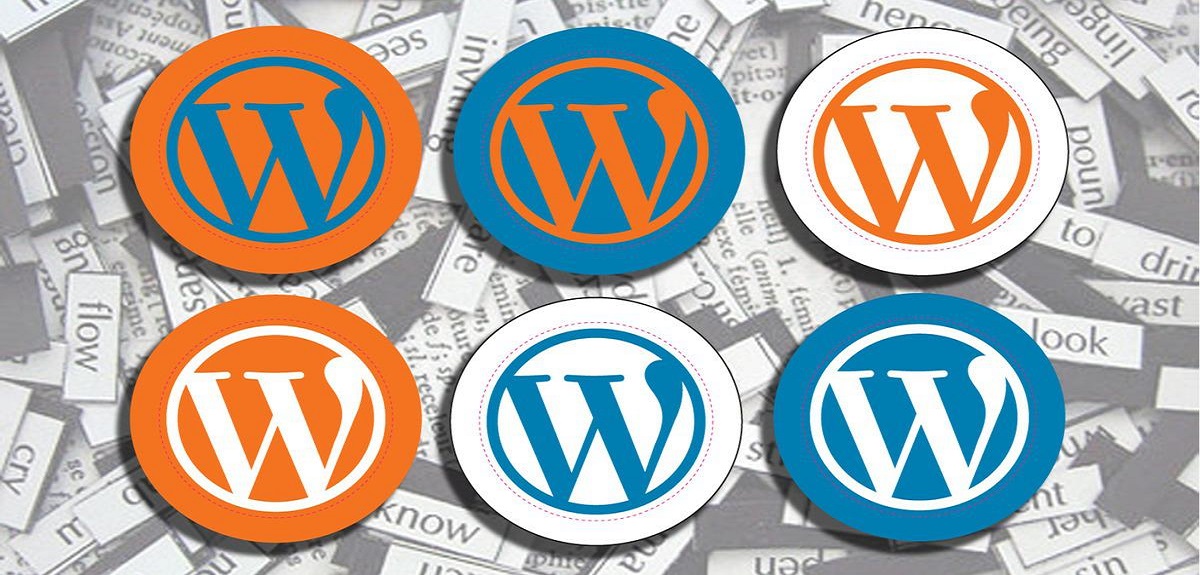
Search engine optimization is something that every website owner, small business owner and blogger should know about. It is a technique that helps search engine spiders find you quickly on the Internet. Using the advice written in this article will help you on the road to success on the Internet.
When setting up pages using SEO, it is usually better to have multiple short articles on similar topics than to have one extremely long article. Long pages are weighted less highly than short ones by search engines. In addition, most viewers will not read an entire document if it is more than a few screens long.
Make a number of mini-sites that lead back to your main site. This way, each site can focus on one or two keywords and have a fully functional site that you can optimize and get traffic for, but serves a dual purposes since it will link back to your main website. The more mini-sites you have, the more point to your original site, and that will cause it to rise in the search engine page rankings.
Since SEO is well over a decade old, a lot of the process has been automated around the web. You can check out a service like Google Webmaster Tools, which can easily handle much of the SEO work for your website or blog. Google wants you to be successful, because your earnings are their earnings. Therefore, you can trust seo accounts to do a good job for you for a low fee.
Giving away free things can help with search engine optimization. The more content that is free, the better chances you have of people linking to your website so they can share the information. Free things are always attractive to people. You can include free tips, software, samples, tutorials, e-books, coupons or even have a contest with prizes.
Avoid unnecessary, miscellaneous data on your website. This strategy goes hand in hand with reducing the length of your page to maximize quality. Miscellaneous data and extraneous facts will only lose the attention of your visitor, which can lose your sale on the spot. Use vital information to your company that explains exactly what you are about.
Take the time to create a site map for your website. This is a page listing that provides a list of all of the pages and links of your site so that search engine spiders can easily search your site. Using that site map makes your visitors have to use fewer clicks to go to where they want to go.
Be specific about your keywords and phrases and keep it simple. If you try to catch every keyword in your niche, you will have spread yourself too thin. Target a select few and use them creatively and often while still maintaining a natural flow to your page. By doing this you can push to the top of the list much easier.
Be descriptive with all your links, be they video, banner, text, or graphics. No one will be interested in clicking a link that simply says “Click me.” They want to know what they are getting themselves into! Using your keywords in the description can also bump you up on the search engine lists, so it is a win-win!
Do not automatically redirect users to another site. Search engines see this as a malicious practice. Even if you honestly want to connect users to a new domain, it will still look as though you are trying to cheat the search engine. Instead, provide links to the new content, and encourage visitors to click through to the main webpage.
When you initially launch your new site, send out a press release to local media who may be interested in covering the story. Even if you already have an established site, do a “remodel” and send out a press release for the new and improved unveiling. You might be surprised by how many publications have space reserved for just these types of stories.
Create concise, informative press releases that announce your online site. The press release should provide contact info, the site name and its features, and should be submitted only to publications that are generally read by your target market or a very broad, general segment like women, businesses, or families, for example. This is also a good way to build rapport with journalists and editors.
To optimize your site for search engines you need to update it regularly. Your search engine should show the results that are most relevant to what the user puts in.
A web page meta tag is where you include a description of what the page is all about. Instead of just a few words like you would include in the title tag, the meta tag has room for a few well constructed sentences. For effective search engine optimization, don’t simply repeat what you already have in the title tag!
Pay close attention to Internal Linking Structure on your pages. This will help search engines determine which pages are of the most importance on your site and will increase your rankings on those pages. Don’t be too worried about keyword density. Today, latent semantic indexing (LSI) is the main thing to think about. Most search engines don’t count keywords anymore. Instead, content that is naturally written and uses words of importance a normal number of times gets the most attention.
Use unique content on your website to generate traffic. Posting information that you can find on several different websites only helps you to blend in and not stand out of the crowd. By choosing unique and original content for your website you are offering something no one else has to offer.
As stated above, search engine optimization is a term to be very familiar with while working on the Internet. Using the tips and techniques above will put you ahead of the curve and give your website, blog or Internet business the exposure that it deserves. Keeping search engines in mind is a positive way to drive traffic to your site.


